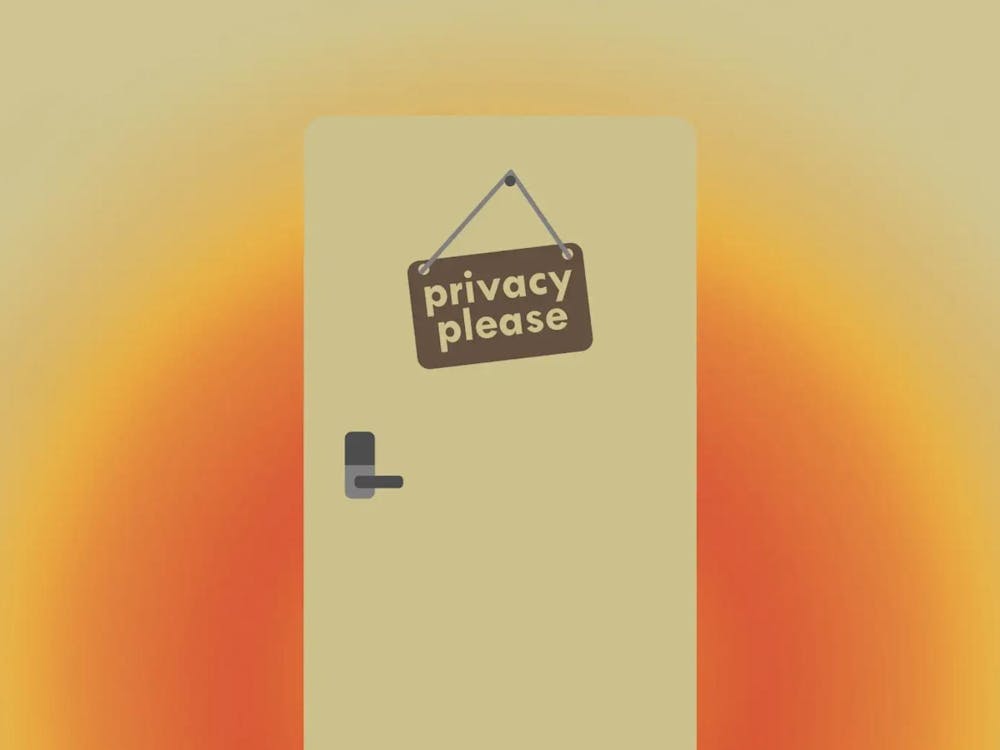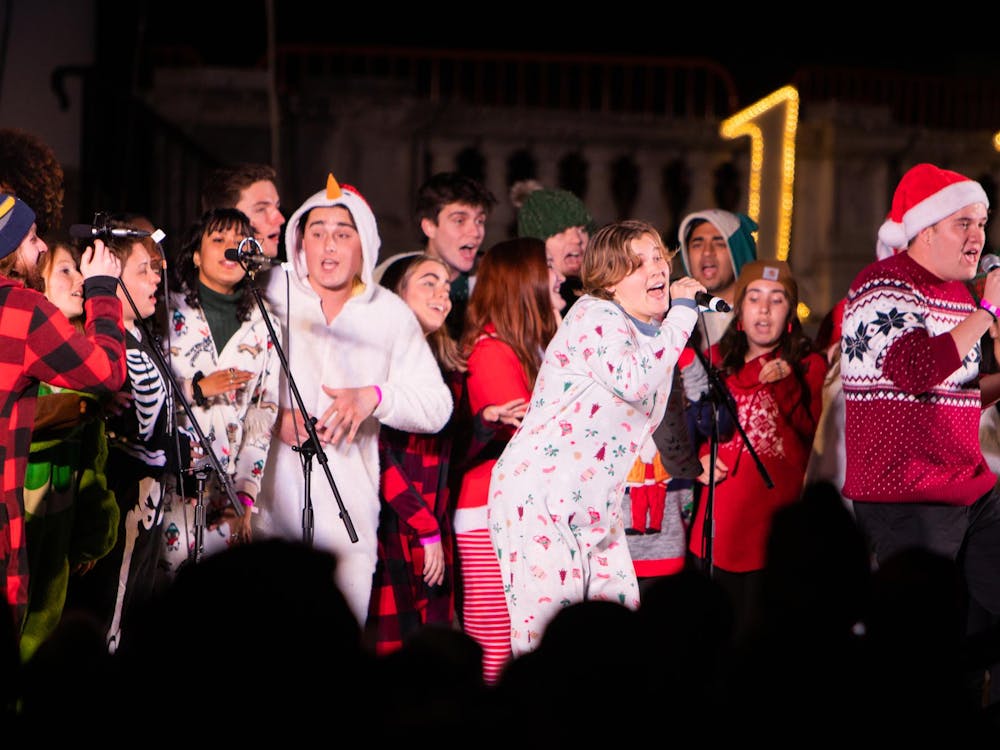(The opinions expressed in this article are those of Linnisa Wahid, who is writing a personal account of the conflict in Sierra Leone.)
When my grandmother came to live with my family in 1997, she told me about a particular moment when she knew that she had to flee her country. She knew she had to leave when rebel forces burned the national bank where she worked.
The conflict has often been called the "silent emergency" because so little is known about it outside Sierra Leone.
But in no way is this emergency silent for Sierra Leoneans. It resounds in the thoughts and hearts of many. The "silent" emergency is the crisis in the West African country of Sierra Leone. Western nations have remained for the most part politically inactive with respect to the situation in Sierra Leone, which explains why many are unaware of the civil war. The sad part about this conflict is that it is a battle over diamonds, which 90 percent of the population have never seen.
I was in Sierra Leone just months before the military and the Revolutionary United Front (RUF) staged a coup and overthrew the democratically elected government in 1991. Although I was unaware of the impending coup, there were definite signs that it was about to happen. I remember that for the three weeks that I was in Sierra Leone, the electricity was not reliable and often we had to rely on lamps for light. Years after I had returned to the U.S., foreign and domestic pressure urged the new military government to hold democratic elections. The elections were held, and for the first time, a civilian was elected president.
But the RUF and the military objected to the elections and waged a war of terror called "Operation No Living Thing" in which anyone and everyone in their path to the capital was killed, raped, mutilated or burned alive. I learned of these events when my mother called me at the University to inform me of the war in Sierra Leone.
According to BBC News, nearly half of the 4.5 million people of Sierra Leone have been displaced. In addition, 100,000 have been mutilated, and at least 50,000 people have died during this campaign in an effort to physically prevent people from voting.
The height of terror came when the rebels entered the capital city of Freetown, killing several thousand people.
According to U.N. humanitarian reports, during this campaign children were used as soldiers and witnessed the killing of their entire families.
Three years ago, the United Nations persuaded the Economic Community of West African States to intervene in Sierra Leone with the help of a Nigerian-led West African force.
The reigning Sierra Leone military has staged a war against the West African and governmental forces of Sierra Leone since 1991, but regional forces succeeded in ousting them in 1998.
My own story begins here. The location was Freetown, Sierra Leone. The street was Circular Road. This was the street my grandmother and her family lived on. The date was January 1999 and the rebel forces were entering the city.
The rebels walked along Circular Road, burning the houses on my grandmother's road. Almost half of the houses on this road were burned, and my grandmother's house - the house my mother was raised in - was about to become one of those houses in the statistics.
According to Augustine, my cousin, the rebels approached my grandmother's house and said, "if you don't open the door then we will burn this house down with you inside." My cousin opened the door and the rebels entered, pillaging the house, stealing food and money. After ransacking the house, they shot through the roof and then started a fire with Augustine still in the house.
Next the rebels did something out of the ordinary: they put the fire out themselves and left the house. It remains a mystery why the life of my cousin was spared.
Unfortunately this type of story is rare, and so my family consider themselves to be lucky.
My family is Krio, an ethnic group which sympathized with the democratically elected government and was targeted for punishment by the rebels.
As supporters of the government, they, like so many others, were marked for death.
My great uncle Bankole Rashid, a judge who sentenced many rebels to death after the military government fell from power in 1998, was also in danger from the rebels. He was warned that if the rebels found him, he would be executed.
What did my uncle do? He dressed up as a woman and fled to the west part of the city which was not controlled by the rebels. His house was burned down, but fortunately his life was saved.
Here in the U.S., it was extremely difficult to get updates about the war in Sierra Leone. The lines of communication to the outside world were cut so that Sierra Leoneans living abroad often received false information.
One time, I heard rebel forces had killed my great uncle, Bankole Rashid. Fortunately, this story was incorrect. He was in hiding. But the agony my mother underwent at the prospect of losing her uncle was heartbreaking.
You may be wondering why you haven't heard about the civil war in Sierra Leone. According to Guy Martin, a professor of African politics at the University, "Africa has been marginalized and devalued since the end of the Cold War." As a West African, I am very aware of this lack of interest in African politics.
I have often watched the World News Tonight and other world news reports looking for information about Sierra Leone. It is rarely mentioned. Many of my friends watch the news too, but they were unaware of the war until they spoke with me.
Martin said when we do hear about Africa, it is usually limited to countries where the United States has a vested interest. The media pays attention to natural disasters and economic relations in these countries, while others receive little or no attention.
Another factor contributing to the lack of information about the situation in Sierra Leone comes because wars in Africa are misinterpreted as "tribal" wars that have been going on for centuries. If these wars have been going on for centuries, then why report them to the American public?
Unfortunately, this is not the case for many African wars. The conflict in Sierra Leone is a vivid example of a recent war that is not based on "tribal" affiliations. It is a simple case of one group fighting for political power.
The civil war in Sierra Leone is a war that is little heard of, yet it is devastating an entire nation. Despite the thousands of people killed or the millions of refugees that have fled their country as a result, information on the civil war has been at best scarce.
When I came to the University, the first thing that I did was talk to my friends about the war and encourage them to talk to others. I wanted to make sure that the whole University community knew about the war so I wrote this article. Next I did some independent research on Sierra Leone and found organizations that are in the country providing assistance. I am also bringing awareness and trying to educate the community on international issues.
There are things individuals can do to help a country in need. They just have to look for them.




